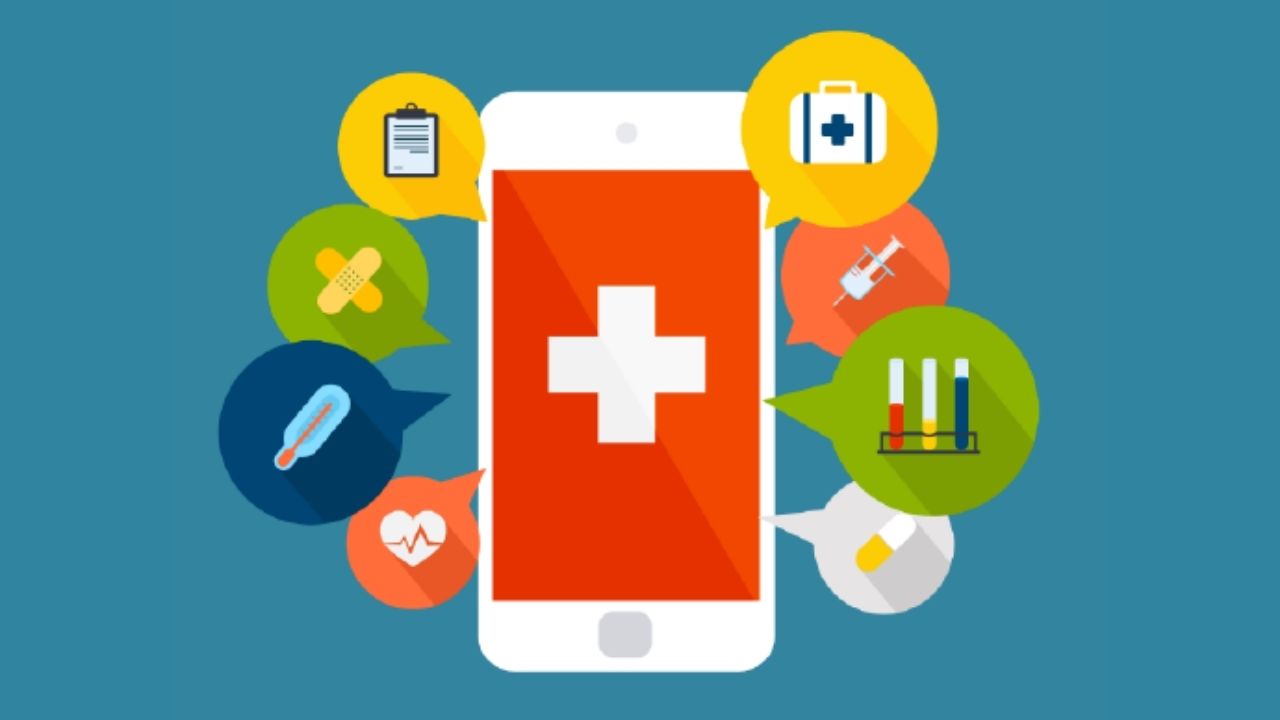There’s little wonder that Covid-19 has stretched the boundaries of not only Indian healthcare but of the entire healthcare sector worldwide. In India, 51% acceleration in digital technologies, like online consultations, digitalisation and e-pharmacies, was observed in both public and private players.
The Government of India was quick to launch the National Digital Health Mission to digitised health records across the country. Along with relying on apps like Aarogya Setu and eSanjeevani to encourage people to rely on digital platforms and not crowd at hospitals during the pandemic.
Prior to the pandemic, people didn’t believe in online healthcare offerings. They still relied on and accepted only physical healthcare solutions. The government had to release statements that encouraged and helped people trust online medical offers. Currently, only 295 million people are covered with insurance creating a wide opening for startups to intervene.
In the private arena, phone consultation shot from 48% pre-covid to 86% post-covid. Video consultations too shot up from 33% to 83% as a result of the pandemic. In the next 3 years, AI-powered diagnostics for mental health services will increase by 81%, and physical health services by 77%.
India has been the fastest to adopt technology showing a 90% growth between 2014-17. In 2014, only 15% of rural India was digitally connected but it will rise to 80% by 2034. this connectivity will help good medical facilities be available to rural India via teleconsultations.
Phillips Future Health Index claims that 94% of healthcare leaders want their hospitals to adopt new technologies. The openness to technology in healthcare has been the highest in India. Other countries show only 74% willingness. Even in the private sector, the willingness of Indian healthcare leaders is 41% compared to other countries where it is only 29%.
The current estimate of AI in Indian healthcare is close to $6 billion. It is increasing at 40% a year. There remains no doubt that both patients and healthcare providers have an appetite for technology. Will our willingness towards technology be of any advantage to scale up the digitalisation of our healthcare system?

 In 2014, only 15% of rural India was digitally connected but it will rise to 80% by 2034. This makes everyone eager to adopt digitalisation to help bridge the gap of hospital resources between rural and urban India.
In 2014, only 15% of rural India was digitally connected but it will rise to 80% by 2034. This makes everyone eager to adopt digitalisation to help bridge the gap of hospital resources between rural and urban India.



















.jpeg)







.jpg)




.jpg)





.jpeg)